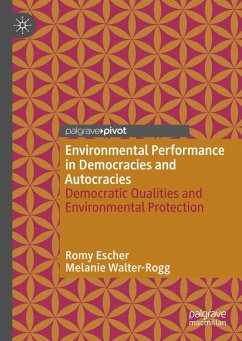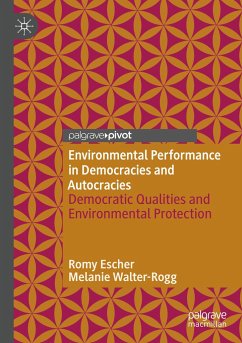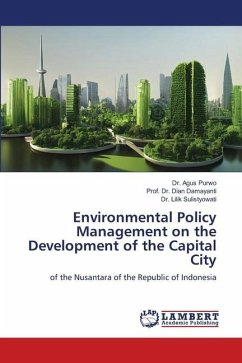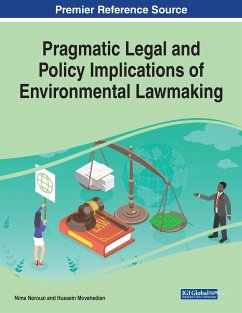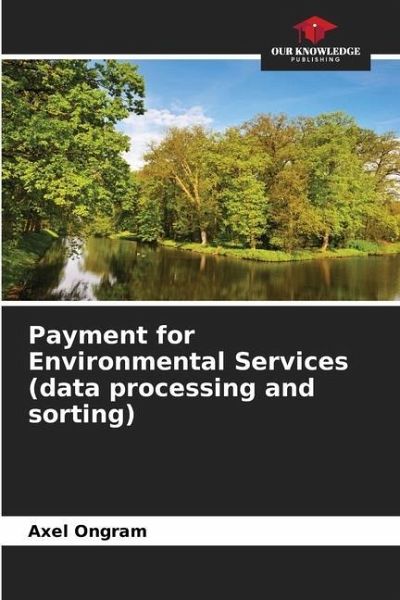
Payment for Environmental Services (data processing and sorting)
Versandkostenfrei!
Versandfertig in 6-10 Tagen
43,99 €
inkl. MwSt.

PAYBACK Punkte
22 °P sammeln!
In Africa as elsewhere, climate change has become an international concern and a truth that cannot easily be ignored. To combat this phenomenon, a range of regulatory and incentive tools have been put in place. Among them, one form (incentive tools) seems to stand out: Payments for Environmental Services (PES). PES are often presented as an innovative and particularly promising instrument for conserving ecosystems, and are supposed to provide solutions to the shortcomings of traditional conservation and preservation tools. However, the effectiveness of PES is linked to a number of issues. The ...
In Africa as elsewhere, climate change has become an international concern and a truth that cannot easily be ignored. To combat this phenomenon, a range of regulatory and incentive tools have been put in place. Among them, one form (incentive tools) seems to stand out: Payments for Environmental Services (PES). PES are often presented as an innovative and particularly promising instrument for conserving ecosystems, and are supposed to provide solutions to the shortcomings of traditional conservation and preservation tools. However, the effectiveness of PES is linked to a number of issues. The aim of this paper is to identify how the PES mechanism works, and the factors that determine its success or failure, in order to draw lessons from these experiences. This dissertation is part of the Integrated Water Resources Management and Payments for Environmental Services (IWRM-PES) research project, which is developing knowledge with a view to finding efficient responses to minimising the effects of climate change in the Tensi basin.




